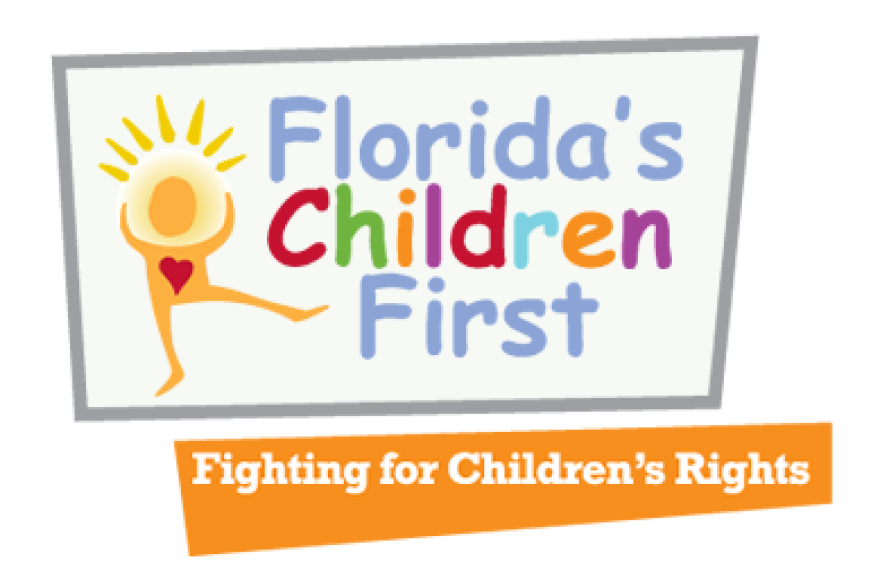One of the worst problems facing Florida's troubled child-welfare system, advocates say, is job turnover among the case managers who oversee adoption and foster-care services --- 80 percent in some parts of the state.
It's costing Florida tens of millions of dollars a year, and those are just the costs that can be quantified.
"Each time the child and parents have to start over with a new worker, everything is delayed, people are discouraged and children are re-traumatized at having to share details of their lives with yet another stranger," said Robin Rosenberg, deputy director of the advocacy group Florida's Children First.
Rosenberg said caseworker turnover is directly related to how long a child stays in foster care; the more workers there are on a case, the longer a child is likely to spend in the state system.
Now, with turnover among caseworkers averaging 37 percent per year statewide, the privatized agencies responsible for adoption and foster care are turning to market research to keep their best employees.
"Every caseworker is waiting for a call back about another job," Keith Gold, president of the Jacksonville-based marketing firm Gold & Associates, told a workshop at last week's Child Protection Summit in Orlando.
Gold conducted a series of studies for the Florida Coalition for Children, which represents the privatized community-based care lead agencies, and for subcontractors like the Children's Home Society and Devereaux. Both hire caseworkers to find places for children to live after they've been removed from their homes by the Department of Children and Families.
As of 2012, there were 1,927 case managers and 398 case manager supervisors statewide. The entry-level salary averaged $37,000.
Gold conducted in-depth interviews with 154 of "the best of the best" caseworkers in the state -- selected for their competence and longevity -- who said 90 percent of their colleagues were looking for other work.
"This should scare the living crap out of you, that nine out of 10 of our people are actively looking for another job," John Cooper, CEO of Kids Central, the community-based care lead agency based in Ocala, told his counterparts in the audience.
Low pay and high caseloads were frequently cited by Gold's interviewees as reasons for a lack of job satisfaction. But he also found that the longest-serving, most competent caseworkers weren't motivated primarily by money. More than 96 percent said their greatest job satisfaction came from helping children and families.
"It's probably like people who go into teaching, or pastors -- people with that same 'calling' mentality," said Kurt Kelly, executive director of the Florida Coalition for Children, which represents the privatized community-based care lead agencies and many subcontractors.
Gold's recommendations included performance-based salary increases, which he called "a critical part of retention." He also recommended better hands-on training, reduced caseloads and clerical support.
Caseloads are expected to drop this year because the Legislature allocated $10 million in new funds for community-based care lead agencies -- $4 million for caseworkers and $6 million for services.
According to Kelly, the private agencies expect that "in this coming year, we're probably looking at getting down to (an average caseload) of 13-to-1."






